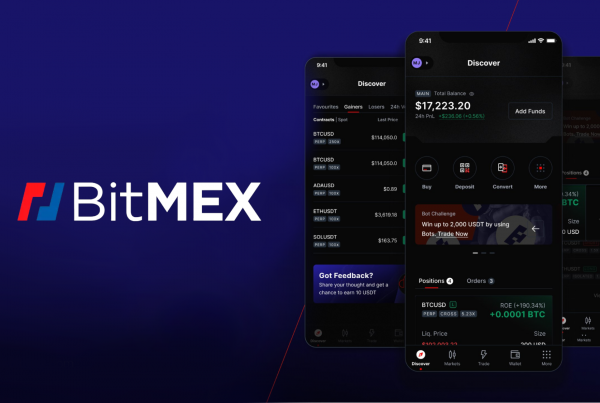
Key takeaways:
- Ishan Wahi, a former product manager at Coinbase, has been charged with running an insider trading scheme
- Wahi used confidential asset listing information to tip his brother and friend about upcoming token listings on Coinbase
- The trio reportedly generated roughly $1.5 million in ill-gotten gains
Coinbase’s former employee Ishan Wahi charged with disclosing confidential asset listing information to his brother and friend
Damian Williams, the United States Attorney for the Southern District of New York, announced on Thursday the unsealing of an indictment charging former Coinbase employee Ishan Wahi of wire fraud and wire fraud conspiracy.
According to the official statement published on the website of the United States Department of Justice (DoJ), Wahi used his access when working at Coinbase to provide confidential information about upcoming digital assets listings to his brother Nikhil, and friend Sameer Ramani.
Wahi gained information via the company’s private messaging channels and tipped either his friend or brother to acquire assets that were about to be listed on Coinbase ahead of the actual listing. It is worth noting that the price of crypto assets that are greenlighted by Coinbase typically surges upon the listing, which is especially the case with smaller market cap coins.
The Attorney’s statement said that the trio used insider knowledge to engage in illegal trades “in at least 25 different crypto assets” and generated gains of roughly $1.5 million.
“Today’s charges are a further reminder that Web3 is not a law-free zone. Just last month, I announced the first-ever insider trading case involving NFTs, and today I announce the first ever insider trading case involving cryptocurrency markets,” said Williams and added that “fraud is fraud,” no matter where it occurs.
An epilogue to April’s suspicious token buys ahead of their Coinbase listings
In April, a Twitter user by the name of “Cobie” found an Ethereum address that bought substantial amounts of tokens 24 hours before they were officially published by the Coinbase Asset Listing post. The statement said that the wallet that bought RADAR, NDX, KROM, and several other tokens that were part of the April listing, in fact, belonged to one of the individuals charged with running the insider trading scheme.
Suspecting him of potential insider trading wrongdoings, Coinbase began an internal investigation into Wahi in April. About a month later, Wahi was asked to attend an in-person meeting by Coinbase’s director of security operations. According to the statement, Wahi confirmed that he would attend the meeting, but he instead tried to flee the United States. He also notified his friend and brother about Coinbase’s internal investigation. Wahi was intercepted by law enforcement before managing to board a plane that was headed to India.
The fast resolution to the case can be seen as a win for blockchain technology and the transaction transparency it enables. Due to the community finding out about suspicious purchases made in April and subsequent public outcry, Wahi and his colleagues will face justice on short notice.



